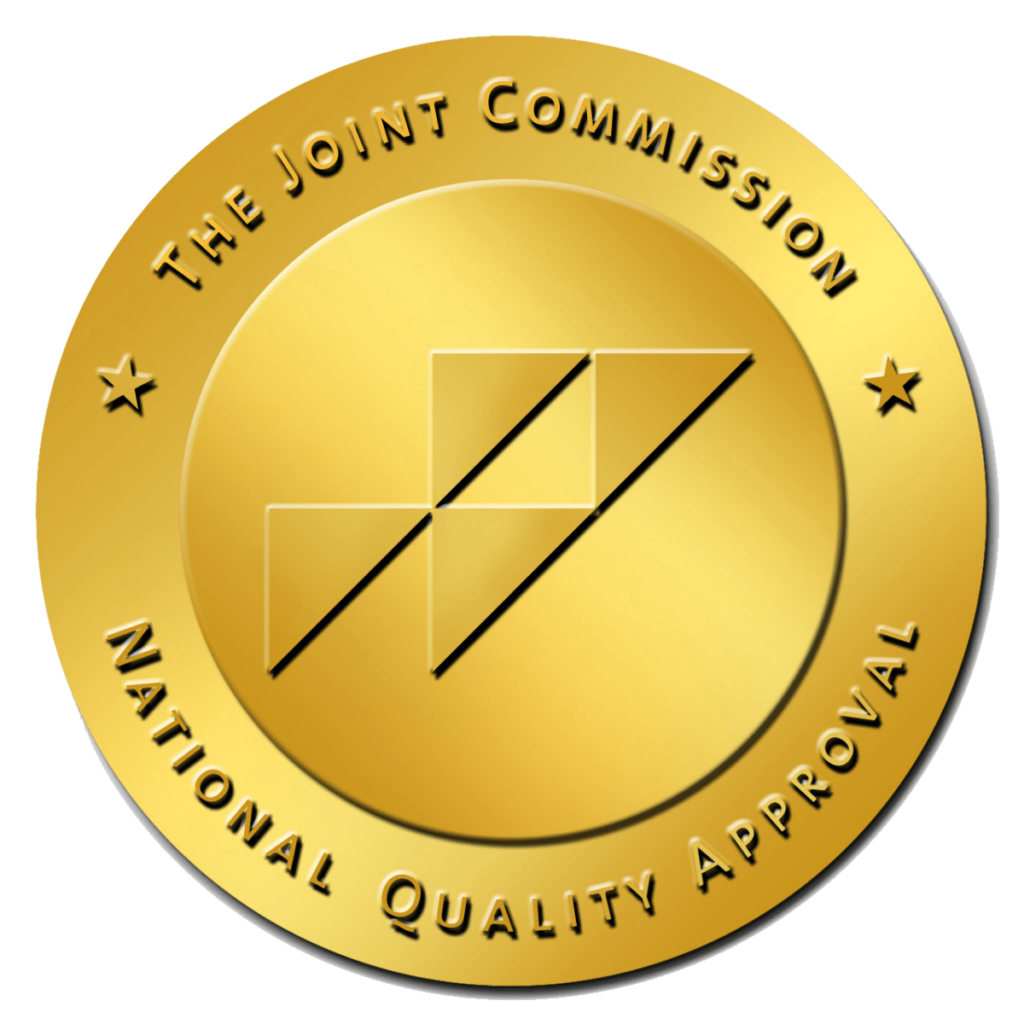Choose Facility
Find Teen Therapy Near You
At Ascend Behavioral Health in Fresno, California, we’re dedicated to helping teens and adolescents overcome the mental health challenges they face with compassion, understanding, and expert care. We use a wide range of therapies to support healing and long-term growth, each tailored to the unique needs of teens. Our approach combines clinical expertise with empathy, offering a path forward that helps young people gain clarity, build confidence, and reclaim their well-being. For families searching for “teen therapy near me,” Ascend is a trusted partner in their journey toward hope and recovery.
What is Therapy?
Therapy is a structured and supportive process that helps individuals understand, manage, and overcome emotional, behavioral, or psychological challenges. It involves working with a licensed mental health professional who uses specific techniques to guide someone through difficult thoughts, feelings, or experiences. While therapy can look different depending on the method or the individual’s needs, its core purpose remains the same: to promote healing, self-awareness, and positive change.
Therapies We Use for Teen Mental Health Treatment
At Ascend Behavioral Health, we use a range of evidence-based therapies designed specifically for teens and adolescents. Our clinical team carefully selects the right combination of approaches based on each teen’s unique needs, diagnosis, and personality. By addressing the root causes of emotional and behavioral challenges, we help teens develop healthier coping mechanisms and regain a sense of control over their lives. Some of the therapies we use in our treatment programs include:
Cognitive Behavioral Therapy (CBT)
CBT helps teens identify and challenge negative thought patterns that may be contributing to anxiety, depression, or low self-esteem. By learning how their thoughts influence their feelings and behaviors, teens develop healthier thinking habits and practical coping strategies. CBT is especially effective for teens struggling with mood disorders, social anxiety, and academic-related stress.
Dialectical Behavior Therapy (DBT)
Originally developed for individuals with intense emotional responses, DBT is a valuable tool for teens who experience mood swings, impulsivity, or difficulty managing distress. This therapy teaches core skills like emotional regulation, mindfulness, distress tolerance, and interpersonal effectiveness—empowering teens to respond to life’s challenges with balance and resilience.
Individual Therapy
In one-on-one sessions with a licensed therapist, teens have a private space to open up, process emotions, and set personal goals. Individual therapy helps teens build trust, increase self-awareness, and work through complex issues such as trauma, identity struggles, or low self-worth. Every session is tailored to meet the teen where they are emotionally and mentally.
Group Therapy
Group therapy provides teens with a sense of community and support by connecting them with peers facing similar challenges. These sessions are guided by a trained therapist and focus on shared learning, healthy communication, and emotional growth. Group settings can reduce feelings of isolation and help teens build confidence in their social interactions.
Family Therapy
Mental health doesn’t exist in isolation—family dynamics play a huge role in a teen’s emotional well-being. Family therapy involves parents or caregivers in the treatment process to improve communication, resolve conflicts, and create a supportive home environment. It helps families work together toward lasting healing and stronger connections.
Eye Movement Desensitization and Reprocessing (EMDR)
EMDR is a powerful therapy used to help teens process traumatic memories or distressing experiences. Through guided eye movements or other forms of bilateral stimulation, EMDR allows the brain to reprocess these memories in a healthier way. It’s particularly effective for teens dealing with PTSD, bullying, loss, or other forms of emotional trauma.
Trauma-Informed Care
Our trauma-informed approach ensures that every aspect of treatment is sensitive to the emotional wounds a teen may carry. This method emphasizes safety, empowerment, and trust, helping teens feel secure and respected throughout their healing process. Whether trauma is part of the diagnosis or not, this foundation shapes how we connect with and care for each teen.
At Ascend Behavioral Health, we believe that every teen has the potential to heal, grow, and thrive with the right support. Our wide range of therapeutic options ensures that your child receives care that truly fits who they are. If you’ve been searching for “teen therapy near me” and want compassionate, expert help for your child, we’re here to guide your family forward. Reach out today to learn more about our programs—your teen’s path to healing starts with a single step.
How Therapy Works to Heal the Brain
Therapy helps heal the brain by targeting the neurological systems involved in emotion, memory, and stress regulation. Mental health conditions like anxiety, depression, and trauma can disrupt these systems, but therapy activates the brain’s natural ability to rewire and restore balance—a process known as neuroplasticity.
Key Brain Regions Affected by Mental Health Conditions:
- Amygdala – Becomes overactive in response to fear or stress, contributing to heightened anxiety and emotional reactivity.
- Prefrontal Cortex – May be underactive, impairing decision-making, impulse control, and emotional regulation.
- Hippocampus – Plays a role in memory and context; trauma can reduce its volume and disrupt memory processing.
How Therapy Supports Brain Healing
Cognitive Behavioral Therapy (CBT):
- Teaches teens to reframe negative thoughts.
- Helps reduce activity in the amygdala and strengthens the prefrontal cortex.
- Improves emotional regulation and stress response.
Eye Movement Desensitization and Reprocessing (EMDR):
- Allows the brain to reprocess traumatic memories without triggering a fight-or-flight response.
- Supports hippocampal function, helping contextualize trauma in a less distressing way.
Dialectical Behavior Therapy (DBT):
- Enhances mindfulness and distress tolerance.
- Strengthens connectivity between emotion-processing and regulatory regions of the brain.
Ongoing Talk Therapy (Individual or Family):
- Builds secure therapeutic relationships, which help calm the nervous system.
- Encourages consistent emotional expression, reducing limbic system hyperactivity over time.
Ongoing Talk Therapy (Individual or Family):
- Builds secure therapeutic relationships, which help calm the nervous system.
- Encourages consistent emotional expression, reducing limbic system hyperactivity over time.
The Result:
- Lower emotional reactivity
- Increased focus and cognitive control
- Improved memory processing
- Greater resilience to stress and emotional triggers
These brain-based changes support not only symptom reduction but also long-term recovery and emotional well-being. Therapy doesn’t just treat mental health conditions—it helps rebuild the brain from the inside out.
Give Your Teen the Chance to Heal—From the Inside Out
If your teen is struggling with anxiety, depression, trauma, or other mental health challenges, therapy can do more than offer support—it can help rewire the brain for lasting recovery. At Ascend Behavioral Health, we combine compassionate care with clinically proven therapies that promote real neurological healing.
Take the first step today. Contact us to learn how our personalized teen therapy programs can help your child build a stronger, healthier future.
Get Started Today
We know that asking for help takes courage. Getting in touch is the first step. We’re here for you, no matter what. Once submitted, our admissions team will be in touch within 24 hours.
Or call us directly to get started:
559-472-3371


